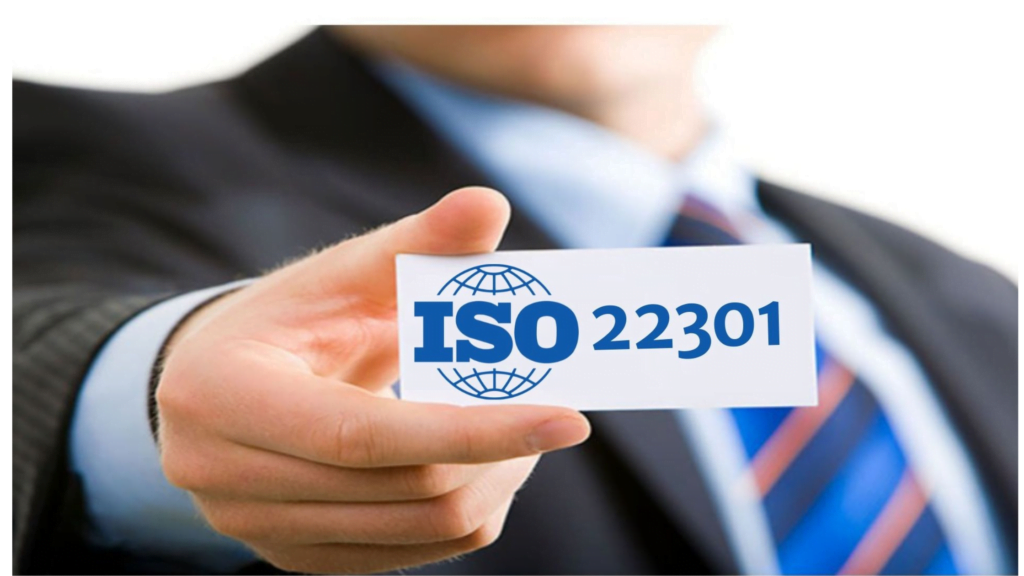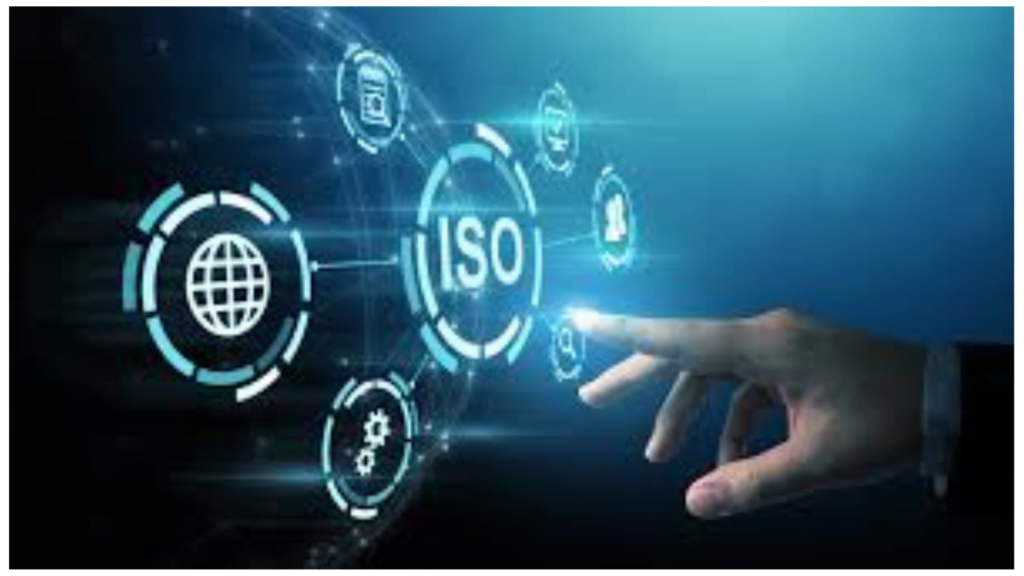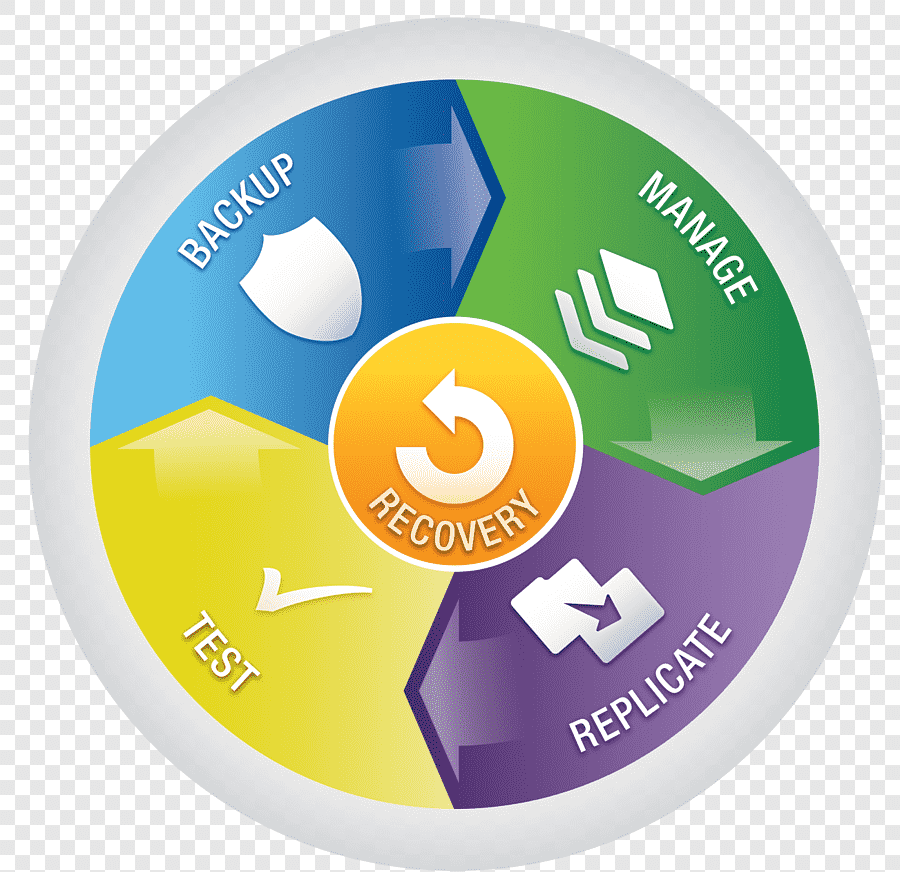ISO 22301 CERTIFICATION

What is ISO 22301 Certification?
ISO 22301 Certification is an internationally recognized standard that verifies that an organization has implemented a business continuity management system (BCMS) that meets the requirements of the standard.
A BCMS is a framework that helps organizations prepare for, respond to, and recover from disruptive incidents.
Benefits of ISO 22301 Certification?
- Increased Resilience: Organizations that are ISO 22301 certified are better able to withstand disruptive events, such as natural disasters, cyberattacks, and power outages.
- Reduced Risk: By identifying and mitigating potential threats, organizations can reduce the likelihood of disruptions occurring.
- Improved Reputation: ISO 22301 certification demonstrates an organization’s commitment to business continuity, which can improve its reputation with customers, suppliers, and investors.
- Enhanced Operational Efficiency: A BCMS can help organizations to identify and eliminate inefficiencies in their operations.
- Reduced Costs: By preventing disruptions and recovering from them more quickly, organizations can save money.


Benefits Of ISO 22301 Certification?
- Increased resilience: Organizations that are ISO 22301 certified are better able to withstand disruptive events, such as natural disasters, cyberattacks, and power outages.
- Reduced risk: By identifying and mitigating potential threats, organizations can reduce the likelihood of disruptions occurring.
- Improved reputation: ISO 22301 certification demonstrates an organization’s commitment to business continuity, which can improve its reputation with customers, suppliers, and investors.
- Enhanced operational efficiency: A BCMS can help organizations to identify and eliminate inefficiencies in their operations.
- Reduced costs: By preventing disruptions and recovering from them more quickly, organizations can save money.
Our Approach
1. Develop and Implement a Business Continuity Management System (BCMS):
- Identifying Critical Business Processes: Analyzing your organization's operations and pinpoint processes crucial for maintaining essential functions.
- Assessing Risks and Threats: Conducting risk assessments to identify potential disruptions like cyberattacks, natural disasters, or power outages.
- Developing Recovery Plans: Establishing detailed plans outlining actions to minimize downtime and restore critical processes after an incident.
- Implementing your BCMS: Integrating your plans into daily operations, training employees on their roles, and ensuring resources are readily available.
- Continuously Improve: Conducting regular reviews and audits to identify areas for improvement and enhance your BCMS effectiveness.
2. Internal Audits and Management Review:
- Self-Assessing: Conducting internal audits to evaluate your BCMS compliance with ISO 22301 requirements, identifying gaps and areas needing improvement.
- Management Review: Holding a formal review with top management to assess the BCMS performance, address findings from internal audits, and approve any necessary corrective actions.
3. Certification Audit:
The certification body will conduct a two-stage audit:
- Stage 1: Assessing your documentation, understanding of the standard, and overall BCMS implementation.
- Stage 2: Verifying your plan implementation, employee training, and response preparedness through interviews, document reviews, and simulations.
4. Certification Decision and Maintenance:
- Upon successful completion of the audit, the certification body will issue an ISO 22301 certificate, valid for three years.
- Maintain your certification through annual surveillance audits to ensure continued compliance and improvement.






